ABR receives a commission on items purchased through this link. All ABR reviews are fully independent.
Four women, one bracelet
Emily Tsokos Purtill’s first novel, Matia, is both ambitiously expansive and, narrated as a series of moments in time, deftly miniaturised. Spanning four individual decades from 1940 to 2070, and moving between continents, it details the lives of four generations of Greek-Australian mothers and daughters. Unlike a conventional family saga, the novel has the associative structure of memory, moving through time and space in unpredictable ways, creating both threads of continuity and a sense of fragmentation. The narrative focus on women charts the struggle for agency through the eyes of the four women, each of them bequeathed a bracelet – the Greek word matia of the book’s title – intended to ward off the evil eye. As such, the modern concept of individualism collides with the realms of prophecy and superstition, producing a fascinating exploration of the crucial issues of female agency and choice.
Continue reading for only $10 per month. Subscribe and gain full access to Australian Book Review. Already a subscriber? Sign in. If you need assistance, feel free to contact us.
ABR receives a commission on items purchased through this link. All ABR reviews are fully independent.


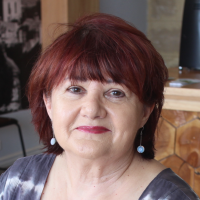
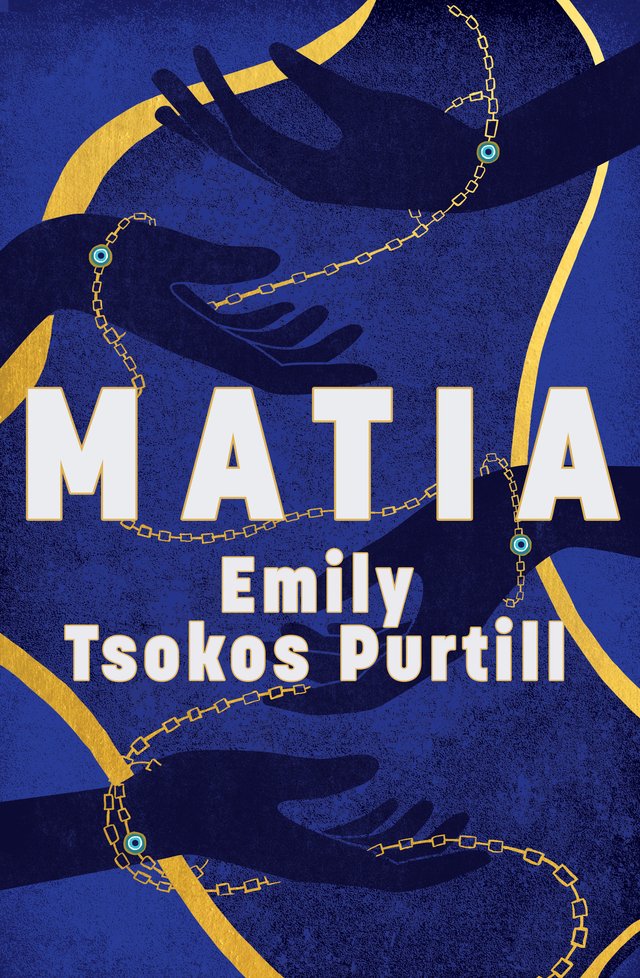





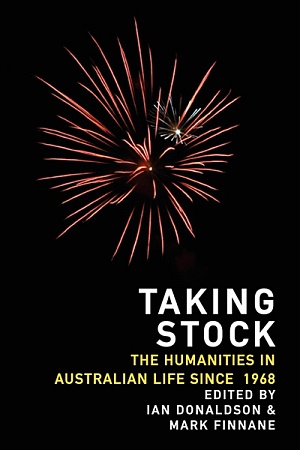
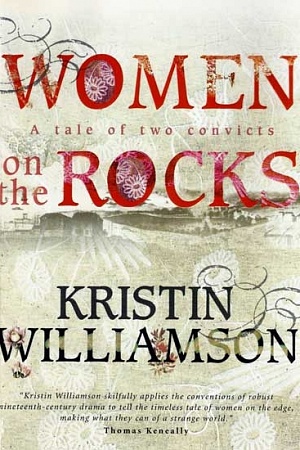
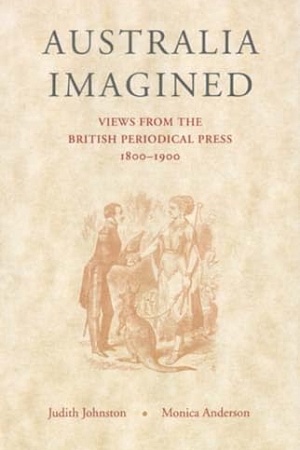




Leave a comment
If you are an ABR subscriber, you will need to sign in to post a comment.
If you have forgotten your sign in details, or if you receive an error message when trying to submit your comment, please email your comment (and the name of the article to which it relates) to ABR Comments. We will review your comment and, subject to approval, we will post it under your name.
Please note that all comments must be approved by ABR and comply with our Terms & Conditions.